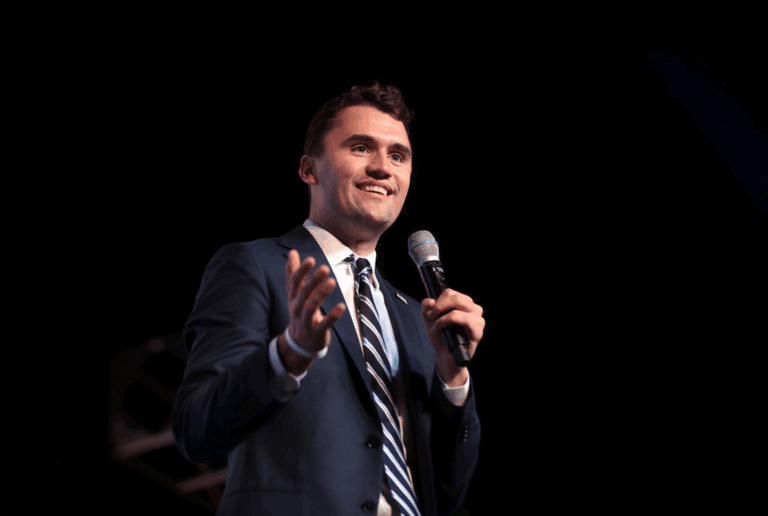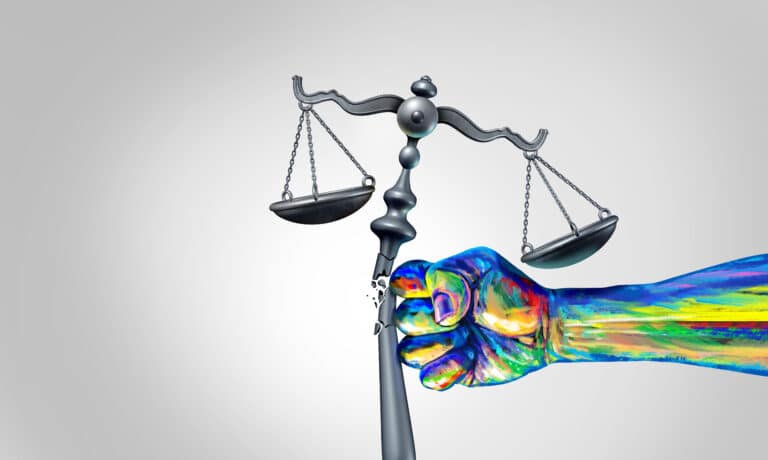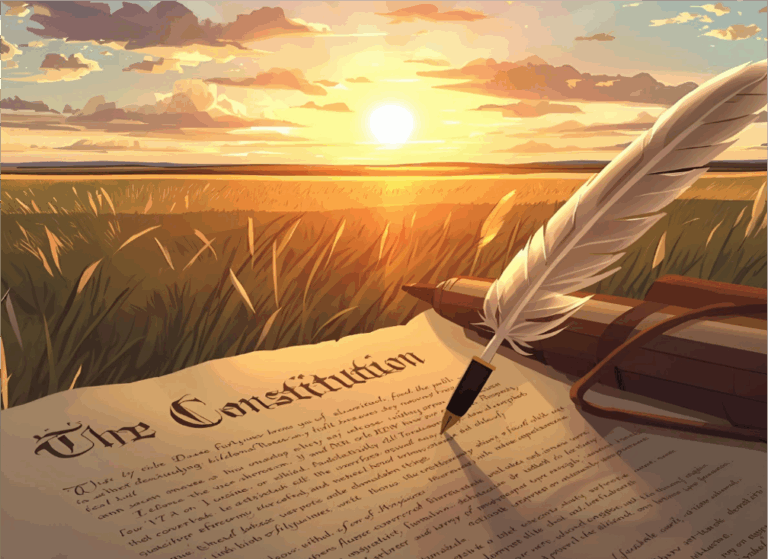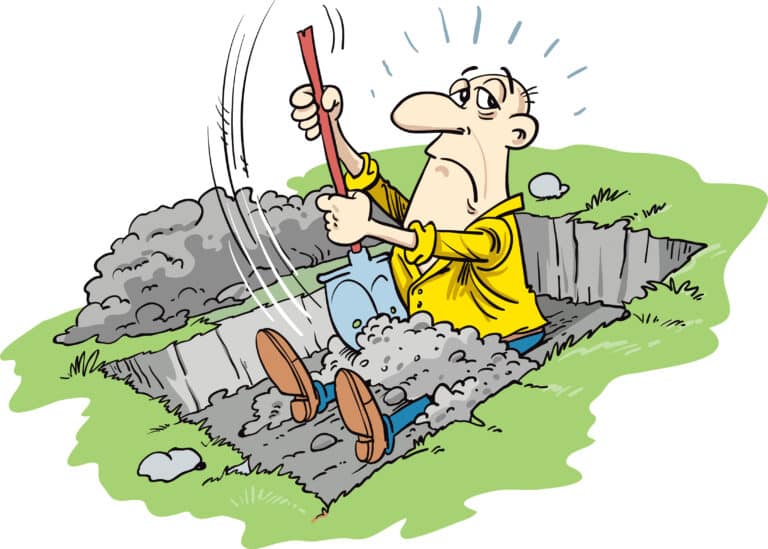…The animal in whom the light of reason shines, and who looks at us from eyes which tell of freedom. — Sir Roger Scruton
These are confusing times. Not solely concerning how many people might still die, as important as that is. Will the world go the way of Italy, where some 600-800 per day are succumbing? (The numbers vary continually, as you can appreciate.) Or might certain (so far) more fortunate Canadian provinces become a model for well-run jurisdictions? Alberta, for example, has a reported stock of nearly 700 ventilators – and at last count just 18 people hospitalized for COVID-19, with mercifully just one death. Nor does our confusion mainly concern whether Canadian Tire or Costco might next join other retailers in closing, or whether outdoor exercise is good (as most officials in my province are still saying) or bad (as in Halifax, where as of Sunday setting foot in a city park, beach or playground can get you a massive fine).
The confusion goes far beyond that, right to how we should think, feel and respond to the coronavirus and the surrounding social, economic and political upheaval. What does it mean to be a conservative in these times? I do not mean in terms of evaluating policies and government actions. It is more basic than that. I mean in terms of how conservatism – be that a fully formed political philosophy or, more commonly, a looser collection of views, instincts and ways of acting – might help guide our individual inner lives. For these are what this crisis threatens to upend.
I’m not here to tell you what to think or who to believe. There’s too much of that already. Instead, a few thoughts on being a conservative in these times.
First of all, a conservative does not panic. We endure. There are several reasons for that. We believe in the fundamental validity of Western Civilization, and it has been around for a rather long time – over 2,600 years if we take the laws of ancient Greece as the starting point, and another 800 if we go by our very wellspring, the Book of Genesis.
We know that human beings are innately flawed and that the human story has an irreducibly tragic element (if not exactly being a “march of folly” as some have called it). And yet we are still here, and our own era is in many respects the pinnacle of human achievement. So we can be confident we will get through this. Remind yourself of that often; that alone should help quell the urge to panic.
As conservatives, we know something of history and we value it – not just its lessons but its mere existence. We respect what our ancestors endured and achieved and, therefore, we continue to believe in the future. We don’t just “live in the moment”. So we know that humanity has been through far worse – unimaginably worse, innumerable times and in innumerable forms.
Great Britain did not manage to continue fighting the entire Axis group of powers – all of global fascism – alone and virtually unaided, for 18 months out of the nearly-six-year Second World War because her people panicked. Nor because her leaders and others who should know better fomented panic.
We conservatives understand and assert the central importance of the human being’s faculty of reason. This is also the basis of science. This and our moral sense are what truly separate us from animals. In these times of uncontrolled emotion, they are more relevant than ever. They will be of life and death importance.
And so today we also know that when an elected politician or corporate leader, sweat beading on their brow and naked animal fear in their glazed eyes, declares this an “unprecedented” situation, they are speaking nonsense. As well as revealing a fevered state of mind and probably indicating something of the quality of their thinking.
This latest viral eruption out of China is unprecedented only if you were hatched from an egg in the last decade, fully formed but with a mind containing not an iota of knowledge about the past. Obviously, if Canada or any of its provinces replicated the epidemiological track of northern Italy, our health care system – and much besides – would be overwhelmed. But we are a long way from that, and there’s evidence that Italy’s situation is unique.
Which is not to say we should feel indifferent, succumb to cynicism or act recklessly. Far from it. The imperative of responsibility, our moral duty to our fellow human and our very belief in preserving civilization all counsel against that. But our choices are not binary: unchecked fear (leading to abject submission) or recklessness. (Although here again, loud voices are implying that it is binary.) Both of those states are fundamentally mindless. Both are the enemies of sound judgment, including the ability to absorb and interpret scientific information.
There is a third state and approach that is inimitably, beautifully conservative: prudence. It appears in short supply; we need more of it. Prudence is, above all, shaped and steered by mindfulness. Indeed, the worse things get, the more urgent the need not to panic, to see clearly and to follow the truth, including the findings of scientific observation and testing, wherever it may lead.
For conservatives believe in the existence of objective truth and that this truth is discoverable. Even if we don’t worship the Enlightenment, we greatly appreciate its contribution and legacy. This is something conservatives of all stripes can agree on: Burkean and Lockean, as well as the more modern U.S. schools and, most important, the great mass of us who don’t wear political science labels.
Accordingly, we understand and assert the central importance of the human being’s faculty of reason. This is also the basis of science. This and our moral sense are what truly separate us from animals. In these times of uncontrolled emotion, they are more relevant than ever. They will be of life and death importance.
Our therapeutic era, of course, emphasizes how we feel about things, and regards our intentions (“commitments”) as decisive in expressing our virtue and establishing our moral worth. A trend that goes back several decades, it has struck conservative thinkers as deeply worrisome if not sinister.
This mindset – often mixed bizarrely with unreflective exhortations to “listen to what the science says”, reducing the scientific method and the good it can bring to political sloganeering – currently appears to dominate in many (though, thankfully, by no means all) quarters. If unchecked, it would seem capable of unhinging our entire governing apparatus and, perhaps, society itself. That is what most concerns me.
Conservatives through the ages have resisted two extremes of human politics and psychology: the siren song of utopianism and the self-destructive bleakness of despair. Accordingly, when times are good and seem on an unending upward flight, we can appear boringly cautious or strangely unimaginative. When times are bad and spiralling downward without apparent end, we can seem weirdly optimistic.
In times of intense crisis, the very act of counselling reason, the refusal to share their despair, drives the apocalyptically-minded into a rage. Another tough but necessary task for conservatives, for the willingness to confront fear, danger and intimidation – including the unchecked passions of the emotionally unhinged, and numerous they can be – is the Classical form of courage.
Some of you might be thinking this is leading to a call for a renewal of religious faith. It isn’t. I know what I believe. But this piece is about something we should all be able to agree on: reason. I will say this is the time to turn to family and friends, to draw strength from one another and, insofar as you are able, to help one another.
You might also note that I haven’t touched on government policy nor ventured any predictions. This isn’t about what I think. This is about all of us guarding our ability to think for ourselves and, accordingly, to preserve our moral freedom.
In times such as these, it’s more important than ever that we live in truth.
George Koch is Editor-in-Chief of the C2C Journal.






